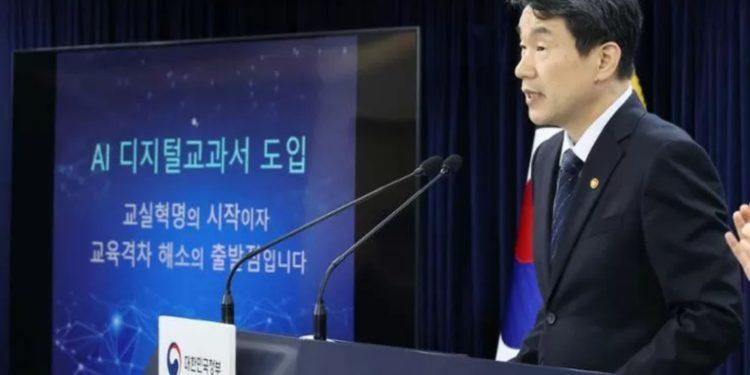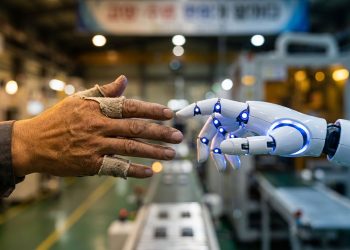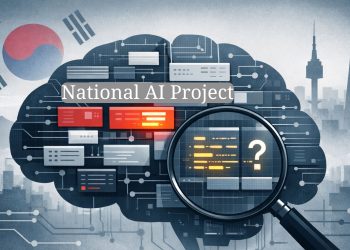The South Korean government is moving ahead with plans to introduce artificial intelligence AI-powered digital textbooks for students starting in March 2025, despite growing concerns over the speed and appropriateness of digital learning tools. The initial rollout will focus on subjects like mathematics, English, and information technology for third and fourth-grade elementary school students, as well as first-year students in middle and high school.
However, the Ministry of Education has decided to adjust the timeline for the broader implementation of AI digital textbooks, which was initially scheduled for full-scale adoption by 2028. As part of these changes, the government will slow down the introduction of the technology, excluding certain subjects such as the Korean language, technology, and home courses, which were initially planned for 2026.
Additionally, social and science subjects have been delayed until 2027, pushing back their introduction by a year. These adjustments come in response to educators’ feedback about the feasibility and impact of rapid AI adoption in classrooms.
The South Korean Ministry of Education has revised its rollout plan for AI-powered digital textbooks following feedback from educators and parents. Initially, digital textbooks were slated to be introduced for subjects like Korean language, technology, and home economics in 2026, with social studies and science courses planned for 2027.
However, concerns raised by the National Council of Provincial Superintendents and the public about excessive screen time and the suitability of digital formats for certain subjects led to significant adjustments. The Ministry decided to exclude Korean language and practical arts courses from the initial rollout and delayed the introduction of social studies and science by one year, to 2027.
The Ministry has emphasized that the new textbooks aim to bridge educational gaps, particularly in underfunded regions and among students with learning difficulties.
Education Minister Lee Ju-ho highlighted that introducing digital textbooks would provide equal opportunities and address disparities, offering a more inclusive learning environment.
In preparation for the launch, the Ministry has certified 76 out of 146 AI-powered digital textbooks, which will be displayed at schools starting December 2. Each school will select the textbooks it will use in classrooms alongside traditional print-based materials.
However, critics caution that challenges remain, particularly in training educators to use the new tools effectively. With only three months remaining before the new academic year begins, the Ministry plans to train 150,000 teachers during the winter break. However, concerns persist about teachers’ readiness, given disparities in digital proficiency and the short time frame for familiarizing them with the textbooks.
The push for AI-based digital textbooks also aims to address issues of educational inequality, particularly in remote or underserved areas. Minister Lee expressed confidence that the technology could help students who have traditionally struggled in classrooms, offering a more interactive and engaging learning experience.
However, there are still uncertainties regarding the financial implications, including the cost of subscriptions. The Ministry has yet to finalize these details, but it has assured the public that the costs would be manageable, likely not exceeding 1 trillion won.
The debate over implementing AI-powered digital textbooks in South Korea has intensified, particularly with a recent legislative revision that reclassifies them as “educational materials” rather than official textbooks.
This change, currently under review by the National Assembly, has raised concerns that it could undermine the initiative’s effectiveness. By not requiring schools to adopt these materials universally, the reclassification could exacerbate educational inequality, as schools in wealthier districts may have more resources to implement AI textbooks, while others may fall behind. Education Minister Lee Ju-ho warned that such a shift could hinder educational reform, depriving students of equal opportunities and widening the existing gap in education quality.
A coalition of 126 civic and educational organizations has called for a reevaluation of the policy, citing concerns about data security and the potential for digital overexposure among students. Meanwhile, the Korean Federation of Teachers’ Associations has expressed support for the slower pace of implementation, viewing it as a necessary step to address infrastructure and management challenges.







